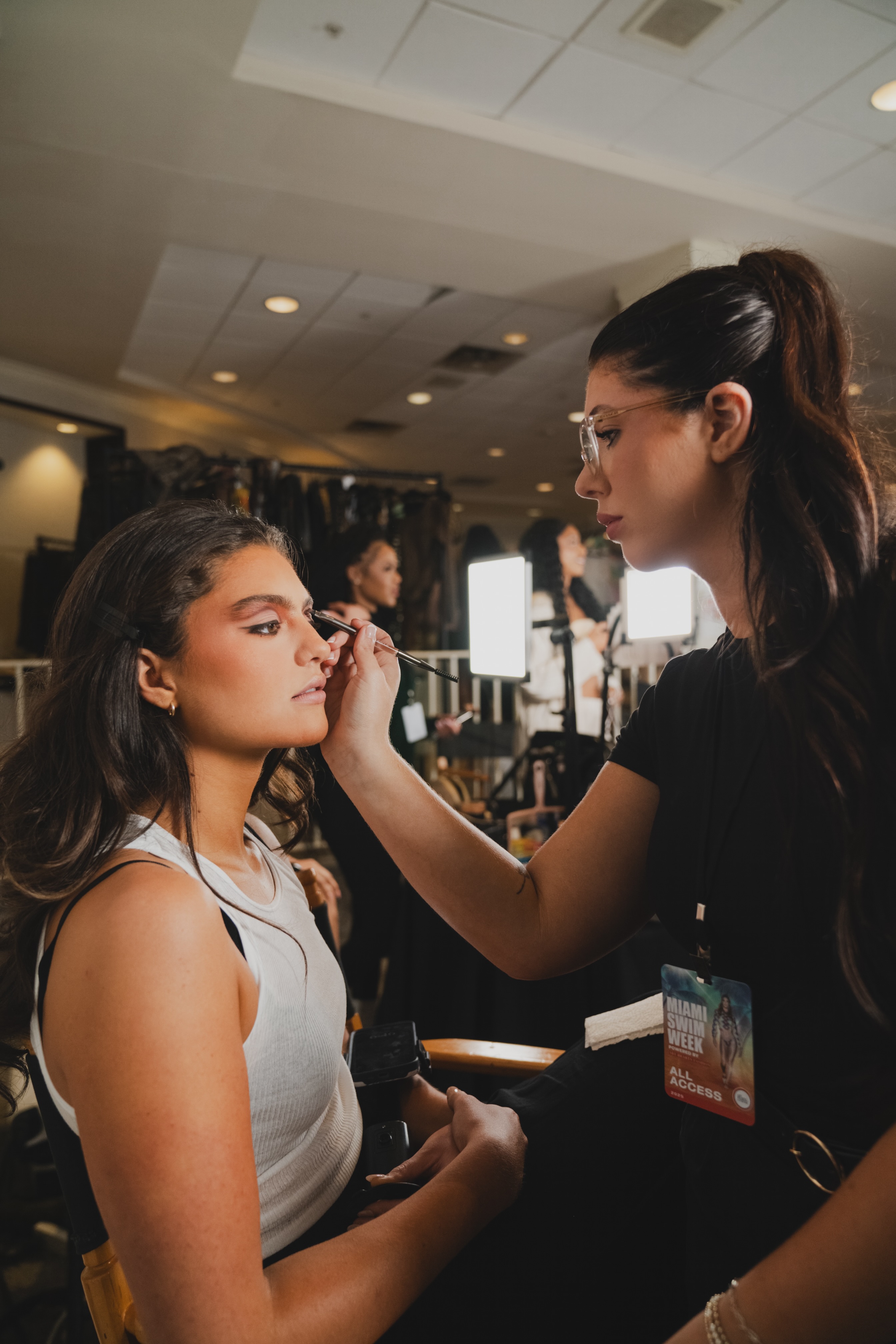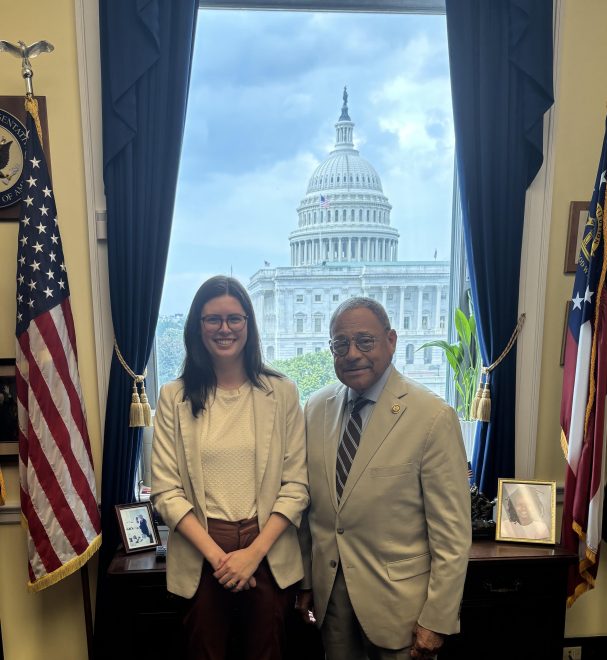Grant helps Vashti Center spread mental health awareness
Published 10:39 am Friday, June 18, 2021
THOMASVILLE — The Vashti Center has been offering free mental health trainings throughout the southwest Georgia community with the aid of a $100,000 grant awarded to the center last summer.
The mental health awareness initiative was brought forth by Resilience Georgia, a coalition that aims to address disparities in different regions of rural Georgia. The Vashti Center was selected to be the coordinator of the initiative for the Thomasville area in July 2020 and received a $100,000 grant to sponsor trainings and other resources for their initiative.
Trending
“If you look at a map of mental health providers in our state, they are all concentrated in metro areas, and then there’s hardly anything in these rural areas,” said Susan O’Neal, development director of the Vashti Center. “There’s some counties that don’t even have a licensed psychologist in the whole county, so there is a big disparity to access mental health services in rural areas. We have to change that and that’s something that our agency is committed to, increasing access to care to families that need it.
“We were very proud of that grant and honored to be the ones to receive it.”
The Vashti Center was originally established in 1903 from a mission of the United Methodist Women to help young girls who didn’t have homes and needed industrial assistance. The center now houses 10 girls and 25 boys between the ages of 11-17 through its residency program.
The center also has a resiliency clubhouse and a community mental health program.
“The third piece of what we’re doing is increasing awareness of mental health in our communities in general and also increasing awareness of what childhood trauma is and how it affects children,” O’Neal said. “It takes one committed person in a child’s life to help them through all of that. It’s about kids making a positive connection and feeling safe with someone. So, we’re doing these trainings all over. We want first responders to be educated and law enforcement to be educated. I just think that if we can be more understanding of where our
youth are coming from that are in trouble, then we can be careful on how we talk to the child and handle things.”
Trending
Elijah Miranda, executive director of the Vashti Center, said the youth mental health and trauma trainings started with his own staff seeking training opportunities in the Thomasville community.
“I think that this whole thing started because we wanted to provide professional learning opportunities for our own staff. We found that those were not really available in southwest Georgia, so we had to bring them to us,” he said. “And what we found was that these professional learning and professional development opportunities were needed not just by Vashti staff but by other youth serving organizations across southwest Georgia.”
There are four free trainings that the center offers, including youth mental health first aid and child welfare training. Some of the trainings are virtual while others require face-to-face instruction because of interactive exercises infused in the trainings. Miranda said they have trained a lot of people in and outside of Thomasville and hope to reach more people as their initiative grows.
“We had set a goal of reaching about 1,000 individuals in the first year. We’ve surpassed that number,” he said. “I’m not exactly sure where that number is exactly, but in April alone we trained over 250 people across southwest Georgia, which is pretty amazing. We’ve offered a different menu of trainings all focused on mental health, adolescent health, child abuse prevention. “
O’Neal said the trainings will not only spread awareness of childhood trauma and mental health, but it will also have an impact on how many children and their families in the community are suffering from childhood trauma.
“The most alarming thing to us (the Vashti Center) is that in this region of the state, there aren’t a whole lot of resources. There are not as many resources as there should be for children mental health,” O’Neal said. “One in five children nationally but also in Georgia have a mental health issue of some sort. It’s way too high. Seventy percent in long term juvenile facilities have an underlying mental health issue. That makes me very sad. We need to do something and this is our way of making some dent in this.”
Foster parents are one of the targets The Vashti Center wants to connect with, since Miranda said most children in foster homes are going through childhood trauma. Luckily, the center has been able to reach a lot of foster parents and provide them with the resources they need.
“We’ve trained lots of foster parents, and they’ve been incredibly thankful for the opportunity to be given extra tools in their toolbox, because any foster parent is working with children that have experienced trauma,” he said. “The fact that the child has been removed from their home is a traumatic experience, and so a foster parent is dealing with that and trying to help that child. So if they’re even more informed about how brain development works in a child who has experienced trauma, they’re incredibly thankful and that’s what we’re able to offer through these trainings.”
The Vashti Center has seen a lot of progress through its training initiative, but hope to expand the initiative with a different target audience.
“We felt that July through June of this year we focused on youth-serving organizations. In year two, we would love to focus more on how to continue to raise more awareness in the community but also developing and finding ways that we can actually train youths to teens and so we’re exploring becoming an implementation site for teen mental health first aid, which is a curriculum for 10th, 11th and 12th graders,” Miranda said. “So that would be a great way to give teens and adolescents the lessons and tools in their tool box as well. It helps them value the importance of friendship and identify what might be a mental health issue in a friend or a loved one and then it helps them identify how to access resources.
“It’s one thing to recognize that someone is struggling with their mental health, but what do you do once you know that? What are the resources available in your community? We want to make sure that people are aware that there are resources in Southwest Georgia and that these children and families can seek services for their children.”





